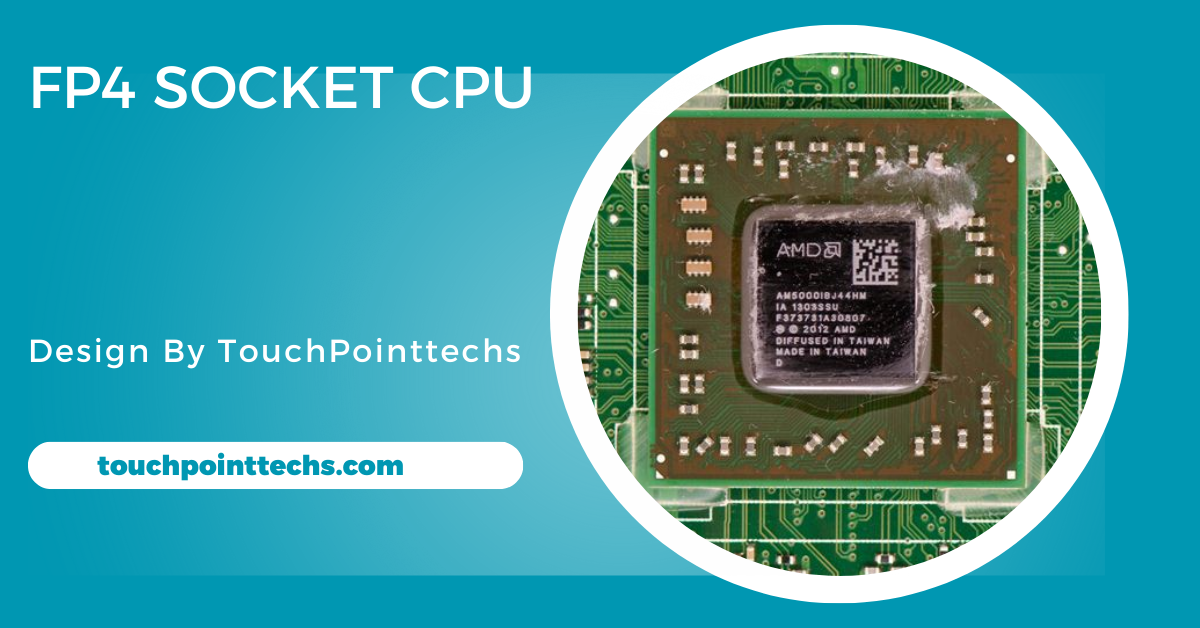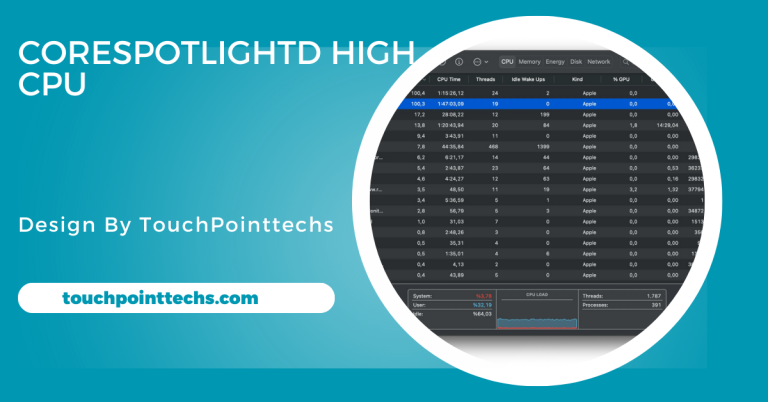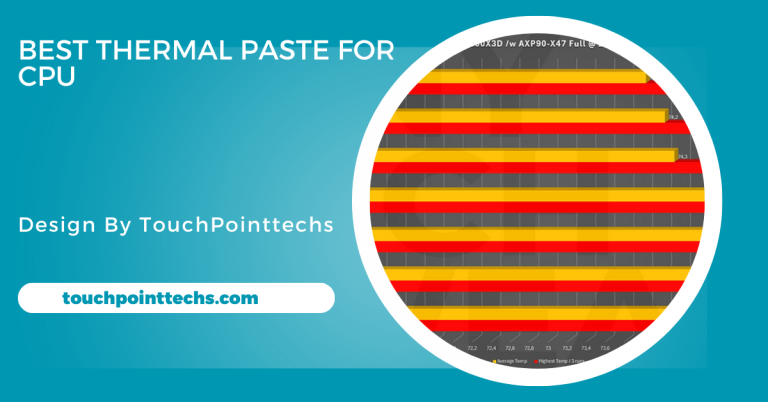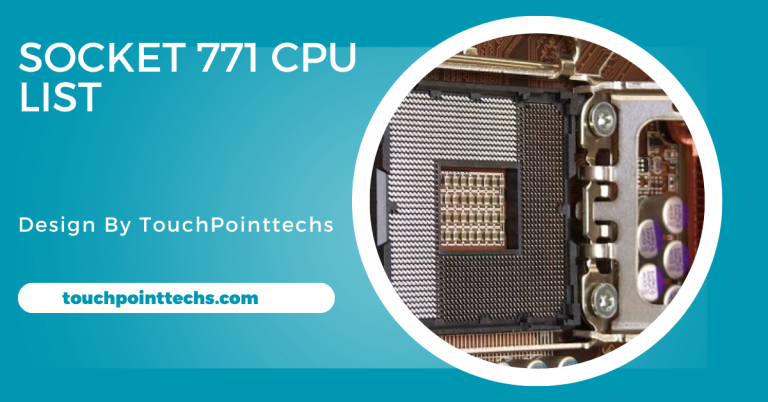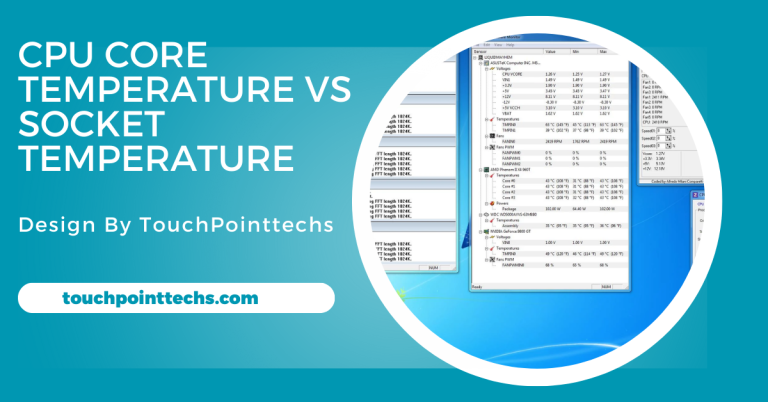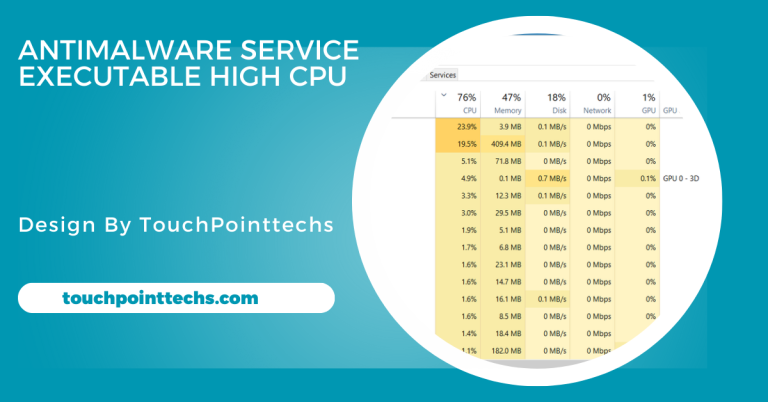Fp4 Socket Cpu – A Comprehensive Review!
The FP4 socket is a type of CPU socket used mainly in laptops and compact PCs, where the CPU is soldered directly onto the motherboard, making it non-upgradable but compact and efficient.
In this article, we will explore everything you need to know about the FP4 socket CPU, including its features, advantages, and the processors that use it.
Table of Contents
What Is an FP4 Socket CPU?
The FP4 socket is a type of CPU socket used primarily in laptops and compact systems. Unlike desktop sockets that allow the CPU to be removed and replaced, the FP4 socket is a BGA (Ball Grid Array) socket. This means that the CPU is soldered directly onto the motherboard and cannot be easily removed or upgraded.
Key Features of FP4 Socket:
BGA Design: The FP4 socket uses a Ball Grid Array (BGA) design, meaning the CPU is permanently soldered onto the motherboard. This design enhances durability and reduces the risk of damage during handling.
- Compact Size: The FP4 socket is designed to be small and efficient, making it ideal for laptops and compact PCs. Its compactness allows manufacturers to create slimmer devices without compromising performance.
- AMD Processors: This socket is primarily used for AMD mobile processors, which combine CPU and GPU capabilities. This integration helps save space and enhances overall performance for tasks like gaming and video editing.
- Lower Power Consumption: FP4 socket CPUs are generally designed for lower power consumption. This feature helps extend battery life in laptops and reduces energy costs for compact systems.
- Good Performance for Mobile Devices: Despite being compact and energy-efficient, FP4 socket CPUs still deliver solid performance for everyday tasks, such as browsing the internet, streaming videos, and using office applications.
Advantages of FP4 Socket CPUs:
FP4 socket CPUs are designed to be compact and efficient, making them suitable for laptops and small systems. Here are some key benefits:
- Space-saving Design: The FP4 socket’s compact form is perfect for devices with limited space, such as laptops. This design ensures that the processor takes up minimal space, allowing manufacturers to build slimmer devices.
- Lower Power Consumption: FP4 socket CPUs typically have low power consumption, making them ideal for laptops that prioritize energy efficiency and longer battery life.
- Good Performance for Mobile Devices: While these processors are designed to be energy efficient, they still provide good performance for everyday tasks like web browsing, media streaming, and office applications.
- Efficient Heat Management: With a soldered connection, heat transfer is more direct between the CPU and the motherboard, which can lead to better heat dissipation, an important factor for compact devices like laptops.
Disadvantages of FP4 Socket CPUs:
While FP4 socket CPUs have several advantages, there are some limitations to be aware of:
Non-upgradable CPU:
The main disadvantage of FP4 socket CPUs is that they are not upgradable. Once the CPU is soldered onto the motherboard, it cannot be replaced or upgraded like CPUs in desktop systems with replaceable sockets.
Limited to Certain Processors:
FP4 socket CPUs are limited to certain processors, mainly AMD APUs (Accelerated Processing Units), which combine both CPU and GPU capabilities. This limits the range of CPUs that can be used with this socket.
Processors That Use FP4 Socket:
FP4 socket is primarily used by AMD in their mobile processors. These processors are part of the AMD A-Series and AMD Ryzen series, designed for laptops and compact systems. Below are some popular processors that use the FP4 socket.
AMD A10-8700P:
- Cores: 4
- Base Clock: 1.8 GHz
- Boost Clock: 3.2 GHz
- TDP (Thermal Design Power): 15W
- Integrated Graphics: Radeon R6
This processor is suitable for everyday tasks like browsing the web, watching videos, and running office applications. The integrated Radeon R6 graphics also allow for light gaming and media editing.
AMD FX-8800P:
- Cores: 4
- Base Clock: 2.1 GHz
- Boost Clock: 3.4 GHz
- TDP: 15W to 35W (configurable)
- Integrated Graphics: Radeon R7
The AMD FX-8800P offers better performance than the A10-8700P, making it a solid choice for users who need more power for multitasking and running slightly more demanding applications.
AMD Ryzen 7 2700U:
- Cores: 4
- Base Clock: 2.2 GHz
- Boost Clock: 3.8 GHz
- TDP: 15W
- Integrated Graphics: Radeon RX Vega 10
The Ryzen 7 2700U is a higher-end processor that delivers impressive performance for mobile devices. It handles demanding applications, including video editing and moderate gaming, thanks to its powerful integrated RX Vega 10 graphics.
Applications and Uses of FP4 Socket CPUs:
FP4 socket CPUs are commonly found in laptops and small form-factor PCs. Here are the main areas where these processors are used:
Laptops:
FP4 socket CPUs are ideal for thin and light laptops, where space and power efficiency are important. They provide a balance between performance and battery life, making them a good choice for users who need portability without sacrificing too much computing power.
Compact PCs:
Small form-factor PCs, such as mini desktops or all-in-one computers, can benefit from the FP4 socket CPUs. These systems often require compact components, and the FP4’s design fits well in these smaller devices.
Embedded Systems:
FP4 socket CPUs are also used in embedded systems where space, power efficiency, and heat management are critical. Embedded systems are found in various applications, including industrial control systems, kiosks, and digital signage.
How to Choose the Right FP4 Socket CPU:
When selecting an FP4 socket CPU, there are a few factors you should consider to ensure you get the best performance for your needs.
Performance Requirements:
Consider what tasks you’ll be using your laptop or compact PC for. If you’re doing light tasks like web browsing, watching videos, and working with documents, a processor like the AMD A10-8700P will be sufficient. However, for heavier workloads like video editing or gaming, you may want to choose a more powerful CPU like the AMD Ryzen 7 2700U.
Battery Life:
Since FP4 socket CPUs are typically used in mobile devices, battery life is an important factor. Processors with lower TDP (thermal design power) will consume less power, leading to longer battery life. If portability and battery longevity are important to you, look for a CPU with a lower TDP, such as the AMD A10-8700P.
Integrated Graphics:
If you need a CPU that can handle graphics-intensive tasks, such as light gaming or media editing, opt for a processor with better-integrated graphics. The AMD Ryzen 7 2700U, for example, comes with Radeon RX Vega 10 graphics, which offer better performance compared to the Radeon R6 in the A10-8700P.
FP4 Socket vs Other Sockets:
It’s helpful to understand how the FP4 socket compares to other types of sockets, such as desktop CPU sockets and other mobile CPU sockets.
FP4 Socket vs AM4 Socket:
The AM4 socket is used for desktop AMD processors, and unlike the FP4 socket, it allows users to easily upgrade or replace the CPU. The AM4 socket supports higher-performance CPUs with more cores and higher power consumption, making it ideal for desktop systems. On the other hand, the FP4 socket is fixed and optimized for compact, energy-efficient systems.
FP4 Socket vs FCBGA Socket:
The FCBGA (Flip-Chip Ball Grid Array) socket is similar to the FP4 socket in that the CPU is soldered directly onto the motherboard. However, FCBGA sockets are more commonly used by Intel processors, while FP4 is used by AMD. Both sockets share the same limitation of being non-upgradable but are optimized for mobile and compact devices.
FAQ’s
1. What is an FP4 socket CPU?
An FP4 socket CPU is a processor soldered directly onto the motherboard, commonly found in laptops and small systems.
2. Can I upgrade an FP4 socket CPU?
No, FP4 socket CPUs are not upgradeable as they are soldered onto the motherboard.
3. Which processors use the FP4 socket?
The FP4 socket is primarily used by AMD processors like the AMD A10-8700P and AMD Ryzen 7 2700U.
4. What are the benefits of FP4 socket CPUs?
FP4 socket CPUs are compact, energy-efficient, and provide good performance for mobile devices, making them ideal for laptops.
5. What are the disadvantages of FP4 socket CPUs?
The main disadvantage is the lack of upgradeability, as the CPU is permanently attached to the motherboard.
Conclusion
FP4 socket CPUs are ideal for compact and energy-efficient devices, providing good performance for everyday tasks while saving space. Their soldered design allows for effective heat management but limits upgradeability. Overall, they are excellent choices for laptops and small PCs where portability is key.

